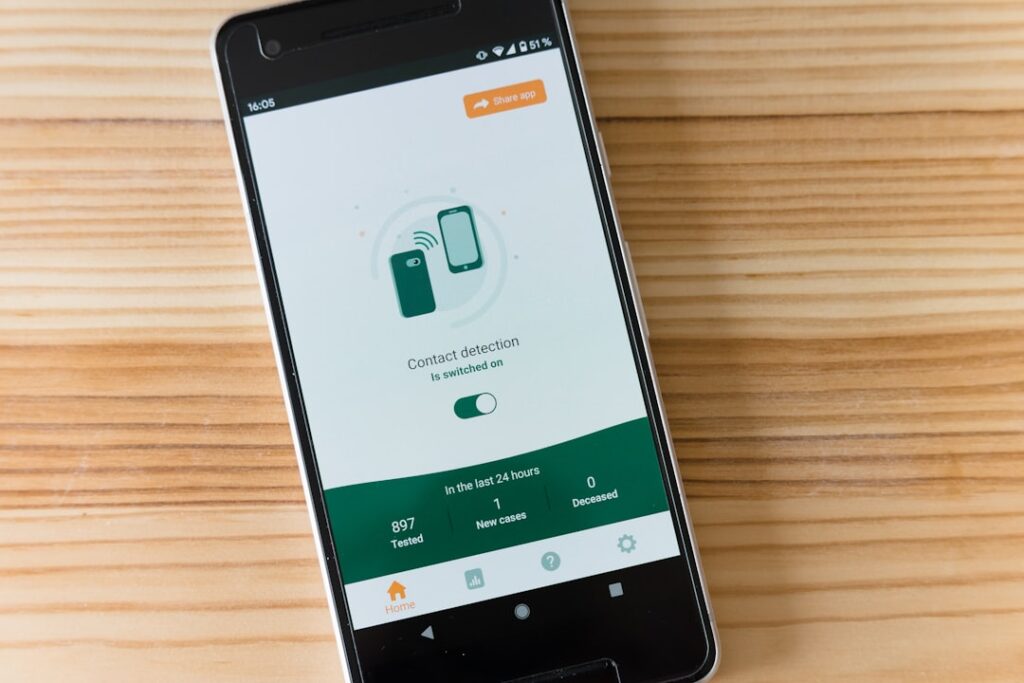EDD Disability Benefits, also known as State Disability Insurance (SDI), is a California program that provides partial wage replacement to eligible workers who cannot work due to non-work-related illness, injury, or pregnancy. The Employment Development Department (EDD) administers this program, which aims to offer financial support during periods of disability. These benefits help cover living expenses and medical costs when individuals are unable to earn their regular income.
The program is funded through employee payroll taxes, making it a form of insurance for workers who may become temporarily disabled. It is distinct from workers’ compensation benefits, which are specifically for work-related injuries or illnesses. Understanding the purpose and scope of EDD Disability Benefits is essential for individuals who may need to utilize this program during a period of disability.
Key Takeaways
- EDD Disability Benefits provide financial assistance to individuals who are unable to work due to a disability or illness.
- To be eligible for EDD Disability Benefits, individuals must have a physical or mental disability that prevents them from working, have earned enough wages, and be under the care of a licensed healthcare provider.
- To apply for EDD Disability Benefits, individuals can submit an application online, by mail, or by phone, and should do so as soon as they become disabled.
- Documentation needed for EDD Disability Benefits application includes medical records, doctor’s certification, and employment history.
- The waiting period for EDD Disability Benefits is typically one week, and the approval process can take several weeks. Once approved, benefits are typically paid every two weeks and can be managed online or through direct deposit. If benefits are denied, individuals have the right to appeal the decision.
Eligibility Requirements for EDD Disability Benefits
In order to qualify for EDD Disability Benefits, individuals must meet certain eligibility requirements set forth by the EDD. Firstly, applicants must have earned a minimum amount of wages in the base period, which is typically the first four of the last five completed calendar quarters before the claim is filed. Additionally, applicants must be unable to perform their regular or customary work for at least eight consecutive days due to their disability.
The disability must be certified by a licensed physician or practitioner, and the individual must be under the care and treatment of a licensed physician or practitioner during the period of disability. Furthermore, applicants must be actively seeking work that they are able to perform while receiving benefits, and they must be ready and willing to accept suitable work if it becomes available. It is important to note that individuals who are receiving unemployment benefits or paid family leave benefits are not eligible for EDD Disability Benefits during the same period.
Understanding the eligibility requirements for EDD Disability Benefits is essential for individuals who are considering applying for this program.
How to Apply for EDD Disability Benefits

The process of applying for EDD Disability Benefits begins with completing and submitting an application online, by mail, or by phone through the EDD website or local EDD office. The application will require individuals to provide personal information, details about their employment history, and information about their disability and medical treatment. It is important to ensure that all information provided on the application is accurate and complete in order to avoid delays or potential issues with the claim.
After submitting the application, individuals will receive a notice from the EDD confirming receipt of the application and providing information about the next steps in the process. It is important to keep track of any communication from the EDD and respond promptly to any requests for additional information or documentation. Understanding how to apply for EDD Disability Benefits and following the necessary steps is crucial for individuals who are seeking financial support during a period of disability.
Documentation Needed for EDD Disability Benefits Application
| Documentation Needed | Description |
|---|---|
| Medical Records | Documentation from healthcare providers supporting disability claim |
| Employment History | Records of past employment and income |
| Proof of Disability | Documentation proving the existence and extent of disability |
| Identification | Valid identification documents such as driver’s license or passport |
When applying for EDD Disability Benefits, individuals will need to provide various forms of documentation to support their claim. This may include medical records, treatment plans, and certification from a licensed physician or practitioner confirming the individual’s disability and inability to work. Additionally, individuals may need to provide proof of their earnings during the base period, such as pay stubs or W-2 forms.
It is important to gather all necessary documentation before submitting the application in order to ensure a smooth and efficient process. Failing to provide required documentation may result in delays or denials of the claim. Understanding the documentation needed for EDD Disability Benefits application and ensuring that all required documents are in order is essential for individuals who are seeking financial support during a period of disability.
Waiting Period and Approval Process for EDD Disability Benefits
After submitting an application for EDD Disability Benefits, there is typically a seven-day waiting period before benefits can begin. During this waiting period, individuals may be required to serve an unpaid waiting period before they are eligible to receive benefits. Once the waiting period has been served, the EDD will review the application and supporting documentation to determine eligibility for benefits.
The approval process for EDD Disability Benefits may take several weeks, during which time the EDD may request additional information or documentation to support the claim. It is important for individuals to respond promptly to any requests from the EDD in order to avoid delays in the approval process. Understanding the waiting period and approval process for EDD Disability Benefits is crucial for individuals who are relying on this program for financial support during a period of disability.
Receiving and Managing EDD Disability Benefits

Once approved for EDD Disability Benefits, individuals will begin receiving payments on a bi-weekly basis. The amount of benefits received is based on the individual’s earnings during the base period and is subject to a maximum weekly benefit amount set by the EDD. It is important for individuals to carefully manage their benefits and use them for necessary living expenses and medical costs during their period of disability.
Additionally, individuals must continue to meet all eligibility requirements while receiving benefits, including remaining under the care and treatment of a licensed physician or practitioner and actively seeking work that they are able to perform. Failure to meet these requirements may result in a suspension or termination of benefits. Understanding how to receive and manage EDD Disability Benefits is essential for individuals who are relying on this program for financial support during a period of disability.
Appeals Process for Denied EDD Disability Benefits
In some cases, an application for EDD Disability Benefits may be denied by the EDD. If an individual disagrees with the decision, they have the right to appeal the denial within 20 days of receiving the notice of denial. The appeals process involves requesting a hearing before an administrative law judge, presenting evidence and testimony in support of the claim, and receiving a decision based on the evidence presented.
It is important for individuals who are appealing a denial of EDD Disability Benefits to gather all relevant documentation and prepare a strong case in support of their claim. Seeking legal representation or assistance from an advocate may also be beneficial during the appeals process. Understanding how to navigate the appeals process for denied EDD Disability Benefits is crucial for individuals who believe they have been wrongfully denied benefits and wish to pursue their claim further.
In conclusion, understanding EDD Disability Benefits and the process of applying for and managing these benefits is essential for individuals who may need financial support during a period of disability. By familiarizing themselves with the eligibility requirements, application process, documentation needed, waiting period, approval process, and appeals process, individuals can ensure that they are prepared to navigate this program effectively and access the support they need during a challenging time.



